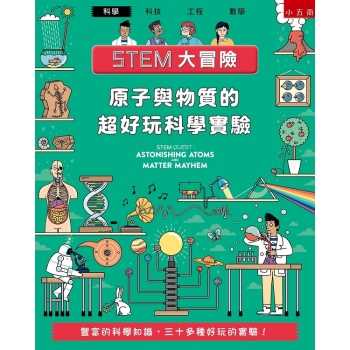Wang Yue received his Ph.D. degree from the Complex Systems Laboratory of the Institute of Automation, Chinese Academy of Sciences in 2003. His major is control technology and control engineering, mainly focused on robot dynamics, multi-robot coordinated control and other fields.
Since 2003, he has been mainly engaged in the research and development of the general agile platform for spacecraft, as well as the design, development and test of the overall and control system of new optical remote sensing satellites in China Academy of Space Technology. Over the years, he has devoted himself to the design of spacecraft systems, design of space-ground integration, autonomous mission management, autonomous health management, reliability design, real-time processing applications in space and other research directions. In addition, he has presided over or participated in the design and development of overall or control systems for more than 10 spacecrafts.
He has won many national defense science and technology progress awards, and more than 10 patents. He is also a member of the national defense science and technology instrument panel.
Jiaqi Zou received her B.Eng. degree from Beijing University of Posts and Telecommunications in 2020. She is currently pursuing her Ph.D degree at Beijing University of Posts and Telecommunications. Her research interests include integrated sensing and communications and machine learning. She served as the TPC member of IEEE ICC, GLOBECOM, WCNC, JC&S, etc. She won the Best Paper Award from IEEE VCIP 2020.
Lexi Xu received his PhD degree from School of Electronic Engineering and Computer Science, Queen Mary University of London, London, UK in 2013. He is now a professor level senior engineer at China Unicom Research Institute. He is also a professor (part-time) at Beijing University of Posts and Telecommunications, as well as an industrial tutor at NHU, SAU, SUT. He has published more than 150 technical papers and 2 books. He is a senior member of IEEE. He is also a China Unicom delegate in ITU, ETSI, 3GPP, CCSA. His research interests include big data, self-organizing networks, smart mobility, network intelligent operation, satellite system, radio resource management in wireless system, etc.
Zhilei Ling received the B.E. degree from Nanjing University of Posts and Telecommunications (NJUPT) in 2022. She is currently pursuing her Ph.D in School of Information and Communication Engineering, BUPT. Her research interests include Integrated Sensing and Communication and Point Cloud.
Xinzhou Cheng is the professor level senior engineer, the head of network intelligent operation R&D center at China Unicom Research Institute. From 2004 to 2013, he worked at Beijing Telecom Planning & Designing Institute, where he is the chief engineer in wireless department and the head of the network optimization center. From 2013 to 2020, he worked at the China Unicom Network Technology Research Institute, where he is the senior specialist, professor level senior engineer, the head of big data R&D Center, the head of network operation and big data R&D center. He is also a professor (part-time) at Beijing University of Posts and Telecommunications. He received M.S. degree from Beijing University of Posts and Telecommunications in 2004. He has published more than 180 technical papers and 3 books. His research interests include telecom big data, network planning & optimization, network intelligent operation.












